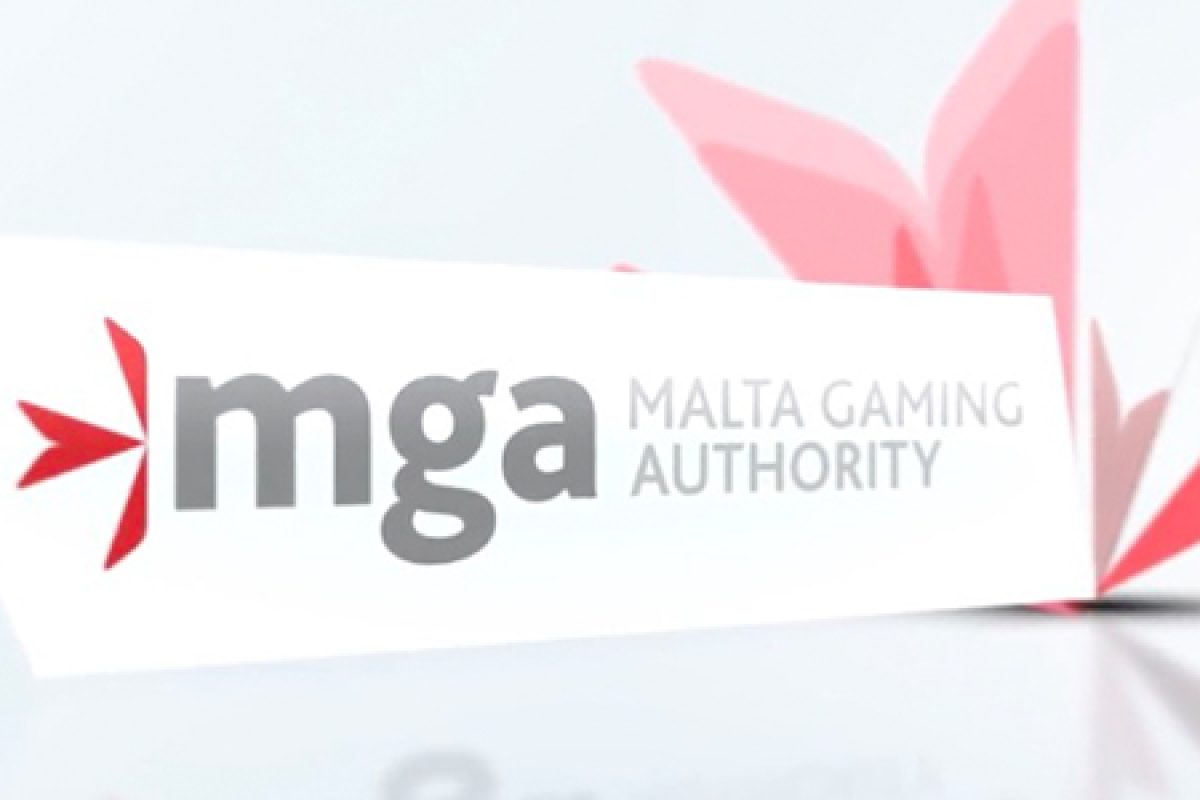The COVID-19 pandemic has had a disruptive impact on sports worldwide, and by correlation, the betting sector is facing unprecedented challenges. The Malta Gaming Authority understands that it is far from being business as usual for operators in this sector and is thus increasing industry outreach as means to set regulatory expectations in these turbulent times.
Most sporting events have now come to a complete halt, and so have the betting markets. This will naturally spur interest in betting operators to look elsewhere, including betting on events with different risk profiles to those traditionally offered. This includes betting on sporting events which are not run to the same professional degree as the more traditional sporting events on which betting is normally offered, including but not limited to amateur or minor league sports.
Esports is one such betting market which may see a significant boost during these times. Even traditional sports and their respective governing bodies have resorted to esports, with some already hosting simulated versions of their events digitally. Just like other sports, esports has varying levels of professional, semi-professional and amateur tournaments, and whilst many esports events are organised in a highly professional manner, others may not. And in a new sector such as esports, this distinction may not be easy to make.
In order to safeguard the integrity of such events, and warn betting operators of the risks involved, the Malta Gaming Authority is therefore recommending the following:
- Operators should consider that all esports events are now being run online, and therefore lacking the standard integrity checks done at events.
- Operators should ensure that matches are not pre-recorded, and risk teams should be aware that esports matches are not always broadcast in real time, and there is often a pre-set delay between the actual match, and the public broadcast.
- Operators should make sure that customers understand the distinction between esports, and virtual sports, whereby the outcome of the latter is determined by a random number generator.
- Operators should look into whether tournaments benefit from integrity controls, and whether participants are professional, or otherwise, when deciding on which betting markets to offer.
- Operators should seek information about the participants/officials involved in the esports events from communicative tournament organisers or from publicly available information.
- Operators should maintain their betting integrity and fraud checks including making sure that participants/officials involved in esports events are not placing bets.
- Tournament organisers, broadcasters and sports governing bodies (SGBs) should revise any policies regarding misuse of inside information so as to include also any participants or officials involved in their esports events.
- Any suspicious betting activity should be reported to the gambling regulator.
- Any other suspicious activity (not betting related) pertinent to an esports event should be reported to the corresponding SGB, and/or event organiser.
class=”uk-article-lead”>Source










